Summary
Eoin O’Malley, a key figure in the creation of Ireland’s original citizens’ assemblies, discusses the lessons learned and the prospects for deliberative democracy. O’Malley recounts the early successes of citizens’ assemblies in Ireland, notably in influencing referendums on same-sex marriage and abortion, by legitimising political decisions and fostering public consensus. However, he cautions that recent assemblies lacked critical debate and resulted in unchallenged expert opinions. O’Malley recommends that future assemblies involve difficult choices with both sides of the argument heard.
Reading time
10 minutes
We might... design a process that would allow citizens to disagree with each other without necessarily hating each other
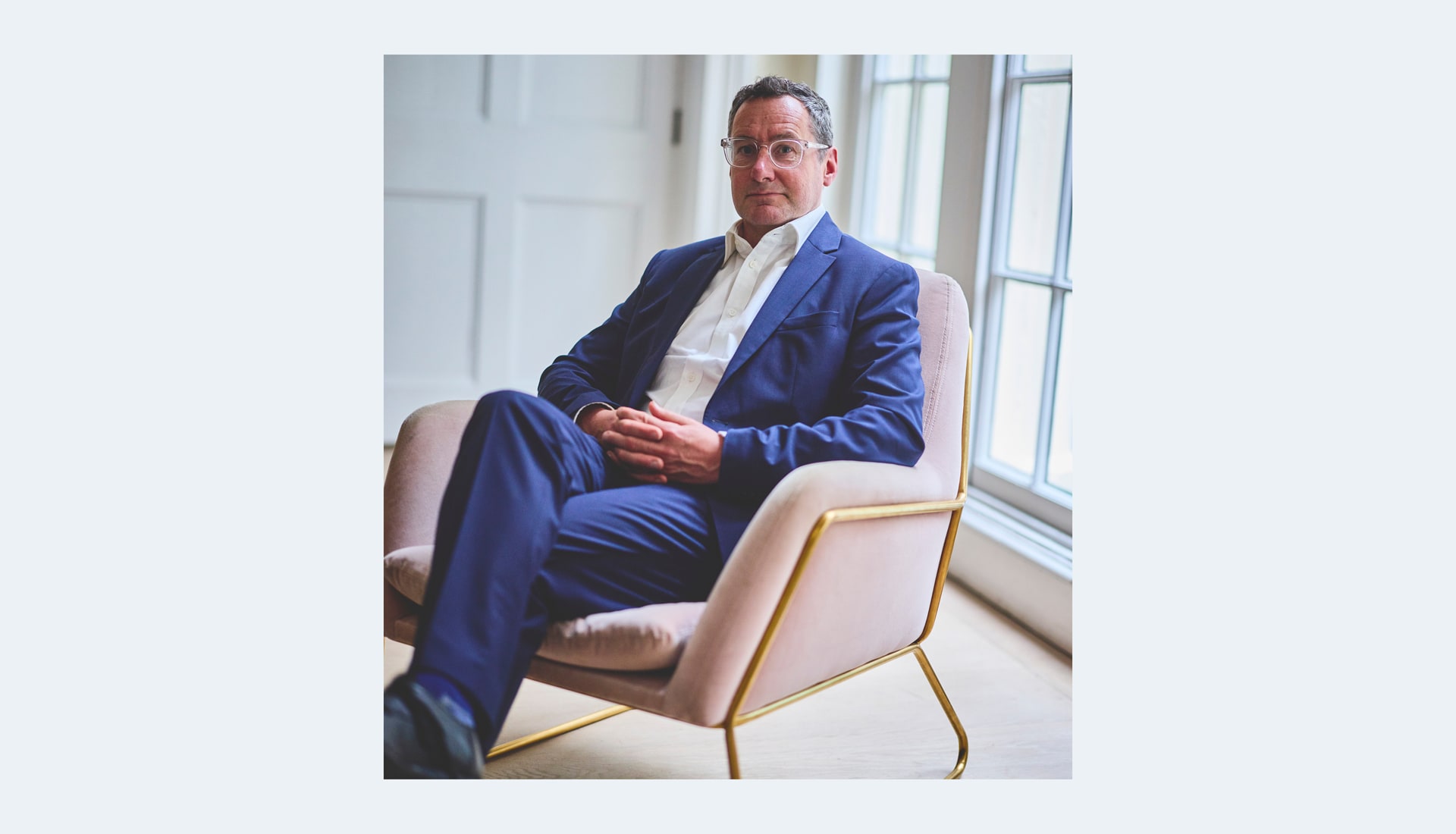
Over a decade on from their genesis, one of the architects of Ireland’s original citizens’ assemblies speaks with Andy Haldane about lessons learnt
Andy Haldane: We hear a lot now about democracy being under threat. Words like ‘democratic recession’, a re-tilting of the political playing field towards more populist or authoritarian regimes. What’s your sense of that? How fragile are our democracies?
Eoin O’Malley: We can see in countries in the European Union — Hungary, for instance — that there is retrenchment from ordinary, working democracy. We can also see in opinion polling that younger generations are less attached to democracy. Millennials and Gen Zs declare that their attachment to democracy is not as strong, not as intrinsic, possibly because they don’t believe that it’s delivering for them in the way that it delivered for our generations. When I grew up, I perceived democracy as rock solid and something not up for grabs, not even open to debate. It probably now looks like it is open to debate and weaker than I would have previously thought.
When I grew up, I perceived democracy as something rock solid and not up for grabs, not even open to debate
Haldane: How would ‘representative democracy’ differ from ‘deliberative democracy’?
O’Malley: Representative democracy is essentially us as citizens sending people to parliament to govern on our behalf. In a general sense, all democracy should be deliberative. We’d like to think that, in the House of Commons or the Cabinet Office, they are deliberating, thinking rationally, coming up with reasons for the decision.
When we talk about deliberative democracy, a lot of the time we’re thinking about ‘mini-publics’, where we take a random sample of people and ask them to think about a subject in an intense way. This gives us a sense of how ordinary people would think about an issue if they were exposed to different arguments, and if they were forced to deliberate, to talk with others who don’t hold the same views as them.
Haldane: Presumably, having a forum where different perspectives can be debated, deliberated, maybe consensus sought, would be particularly useful for issues where there are otherwise deep divisions or disagreements about what the right course might be.
O’Malley: Yes. It’s probably not an ideal method of making decisions for technical things, whereas if you have moral issues, where no one is right or wrong, we simply have different value judgements, a deliberative forum will be useful to air different perspectives. Hopefully then you can, if not achieve a consensus, at least achieve some sort of compromise or position where more people are happier than not.
Another way of thinking about it might be in terms of ‘losers’ consent’: that the people who lose the battle on that issue at least feel that they have been listened to, they consent to having lost and won’t bring it up again and again. The idea of losers’ consent is important in any form of democracy, that you have a group who maybe don’t win the majority, they don’t form a majority, but at least their position is respected and reflected in some ways in the outcome that’s been decided.
Haldane: What were your reasons for setting up ‘We the Citizens’ in Ireland, and what was the model you had in mind?
O’Malley: It was in the aftermath of the global financial crisis, which affected Ireland more deeply than most other places. The political system had taken a bit of a battering. People started to think, how do these people who we’ve trusted for generations get it so badly wrong? We were going to have a situation where there was a potential for, not quite an uprising, but for a government having to introduce, say, tax increases or new charges, and there could have been civic upheaval in some way.
We were thinking, how do we prevent that from happening? What are the policies that will be acceptable to the people, what are the ones that won’t be acceptable, and how would we find out about this beyond just doing an opinion poll? A colleague had worked on introducing a new electoral system in Canada and they had used this idea of a citizens’ assembly. We got funding from a philanthropist, and tried out the ‘We the Citizens’ experiment, where we brought together about 100 people randomly for a weekend to think about difficult decisions where there are difficult trade-offs… should we introduce a property tax or not, or should we introduce water charges or not?
We got a sense that this was a worthwhile experience because you had ordinary citizens thinking about the trade-offs that were involved. It probably would make it easier for politicians to make those decisions knowing that, after a debate, ordinary people think this is acceptable. Or that, even after a debate, there is still no way they would want something like water charges, for instance.
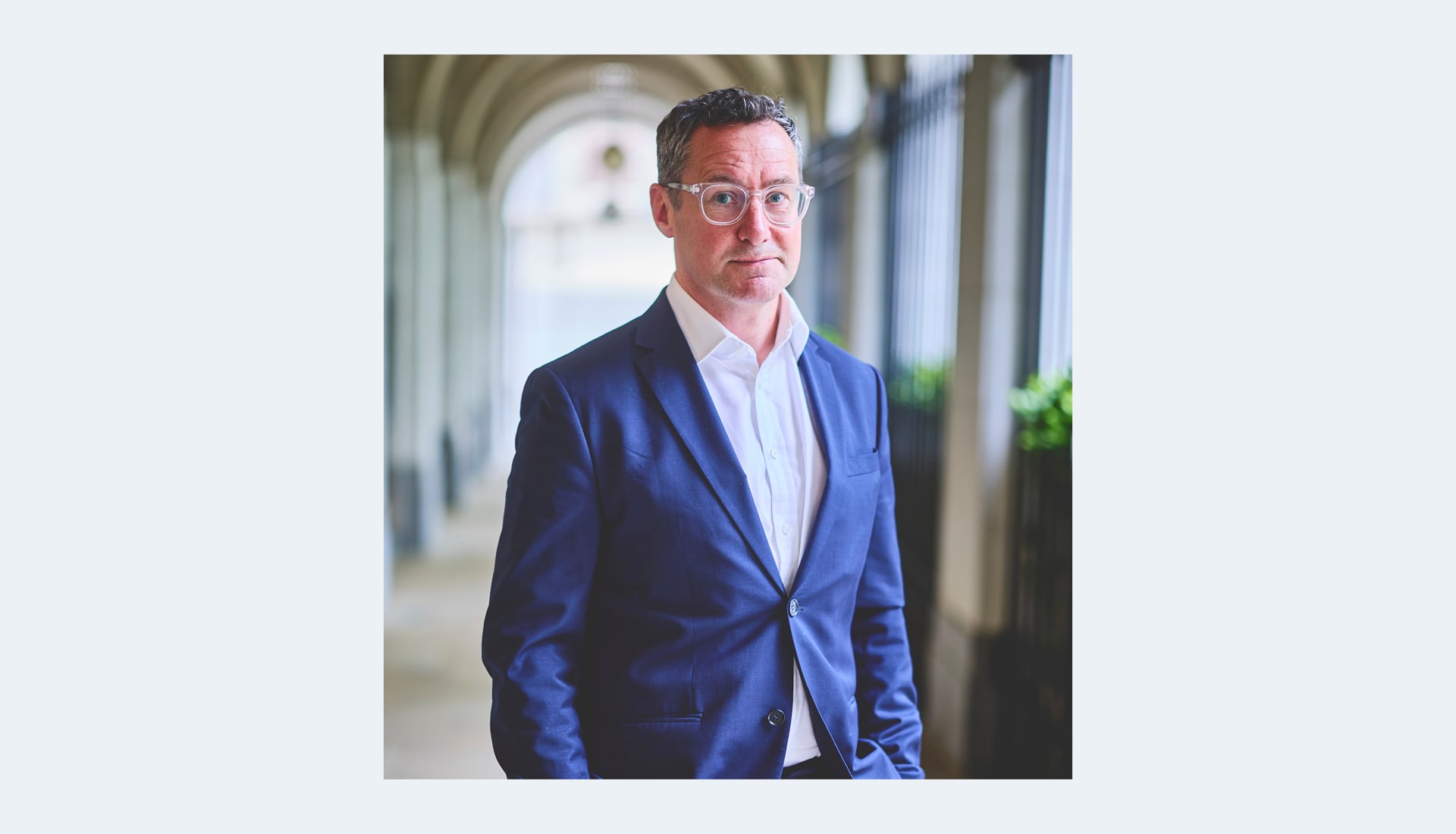
Haldane: Not long after that, in 2015 and 2018, you convinced the government to embark on citizens’ assemblies on some big and contentious issues in Ireland around same-sex marriage and abortion. How did you get from your initial weekend away to these national issues being debated, first by citizens and then by referendum?
O’Malley: We got lucky to some extent, in that we had done this in 2010 and there was an election in 2011 where there was a new coalition government between a centre right Fine Gael and a centre left Labour Party, who both needed some way out of problems that they had in forming their coalition agreement. The Labour Party insisted on wanting to have something on same-sex marriage; Fine Gael was more conservative and didn’t want to do anything on that.
We arrived with a present, which they thought was an immediate way out of their problem — they could just send it to a citizens’ assembly. There was a constitutional convention set up that considered about five or six different issues. Same-sex marriage was one of them. It was a fairly contentious issue, but not deeply, deeply contentious at the time. But you had different groups coming in, and there was this sense that in policymaking you get to hear people’s lived experiences and [those] came to the forefront.
You also had the different groups speaking to each other… they were forced to address each other. You got to tease out the potential difficulties that came to the fore. Politicians then were able to go back and say, “Okay, these are the issues that people have, these are the ones that aren’t really issues, and these are things that we probably should just leave alone, and these are the ones we can fire ahead on.”
Haldane: That then paved the way for a referendum on the topic?
O’Malley: Yes, it paved the way for the referendum on same-sex marriage, which then was passed very easily, even though in Ireland we still have that image of ourselves as a conservative Catholic country. That probably had been broken already, but there were still concerns among the political classes that the Church could suddenly rise up and make this difficult. It probably did help the political classes to see that we have nothing to fear from a referendum on this issue. And it was even more important in the abortion debate.
There was a deep division within our society about abortion, so much so that, for about 30 years, politicians had steered clear of the topic completely. The courts ended up having to do a lot of the policymaking with difficult cases and there was not a huge appetite among any group to deal with this issue. The idea of a citizens’ assembly was irresistible because it allowed politicians to stand back.
They set up a citizens’ assembly on abortion and it met over the course of almost a year. It heard from lots of different people and ended up recommending a much more liberal regime than would have been expected. The Oireachtas, the Irish Parliament, repeated that exercise; they invited more or less the same people in front of a parliamentary committee and discussed it. And what you saw was that a lot of pretty conservative parliamentarians changed their minds, just as many pretty conservative citizens had changed their minds as a result of the citizens’ assembly.
Recommended reading
“Something I enjoyed recently is Under the Influence: Putting Peer Pressure to Work by economist Robert Frank. He teases out the implications of the insight that people are heavily influenced by what others around us do, thinking about how we can create benign social environments that foster pro-social behaviour.” Eoin O’Malley
It was then put to the people in a referendum. There were still a lot of people with strong opinions about it and there was a sense that the citizens’ [assembly] gave it that legitimacy. It probably helped it to some extent in passing the referendum, but the most important thing that it did was that it steeled politicians. They felt able to talk about the topic and were able to anticipate what people’s objections would be.
Haldane: So, two referendums on contentious issues went the way of the citizens’ assemblies. But more recent experience has produced a very different outcome. [Two referendums on proposals to modernise wording in the Irish constitution — on the family and the role of women — were heavily defeated despite being supported by an earlier citizens’ assembly on gender equality – Ed.]
O’Malley: Even though we can argue that they worked pretty well in demonstrating the debates about same-sex marriage and abortion, one of the things we did find out in We the Citizens was that processes are easy to manipulate. The same thing happened in the more recent citizens’ assembly on gender equality.
People, when they hear experts, tend to agree with them — so if they don’t hear strongly opposing views, they will just go with whatever the experts say. One of the things we need to do with a citizens’ assembly is have a specific question, a difficult question and one where people’s values might differ somewhat.
Gender equality was neither specific nor difficult. We had in the Irish constitution an old-fashioned clause which said mothers in the home provide great service to the state and to the family, and so their position should be supported by the state. A lot of people, not unreasonably, found that sexist and archaic and wanted to have it removed. The gender equality citizens’ assembly, however, didn’t get into the arguments for and against. You could, for instance, make reasonable arguments that marriage as an institution supports children and is something that the state should support. But none of those views were heard because the experts were all of one opinion.
Equally, we could see the same on the issue of childcare. You could reasonably argue that children benefit from having one parent staying at home. There are arguments for and against whether we’d be better off with families that had one parent working and one parent staying at home rather than two parents working. That issue wasn’t addressed.
The outcome of this citizens’ assembly was a wish list of nice things that we could have and the government should fund. Citizens’ assemblies should ask participants to confront difficult questions, questions that policymakers have to confront where you have real trade-offs. None of those trade-offs were asked of the citizens in this. They produced 80 or 90 recommendations, which all required more money. Everybody was in favour of them. So, if you are going to do a citizens’ assembly, you need to have hard questions.
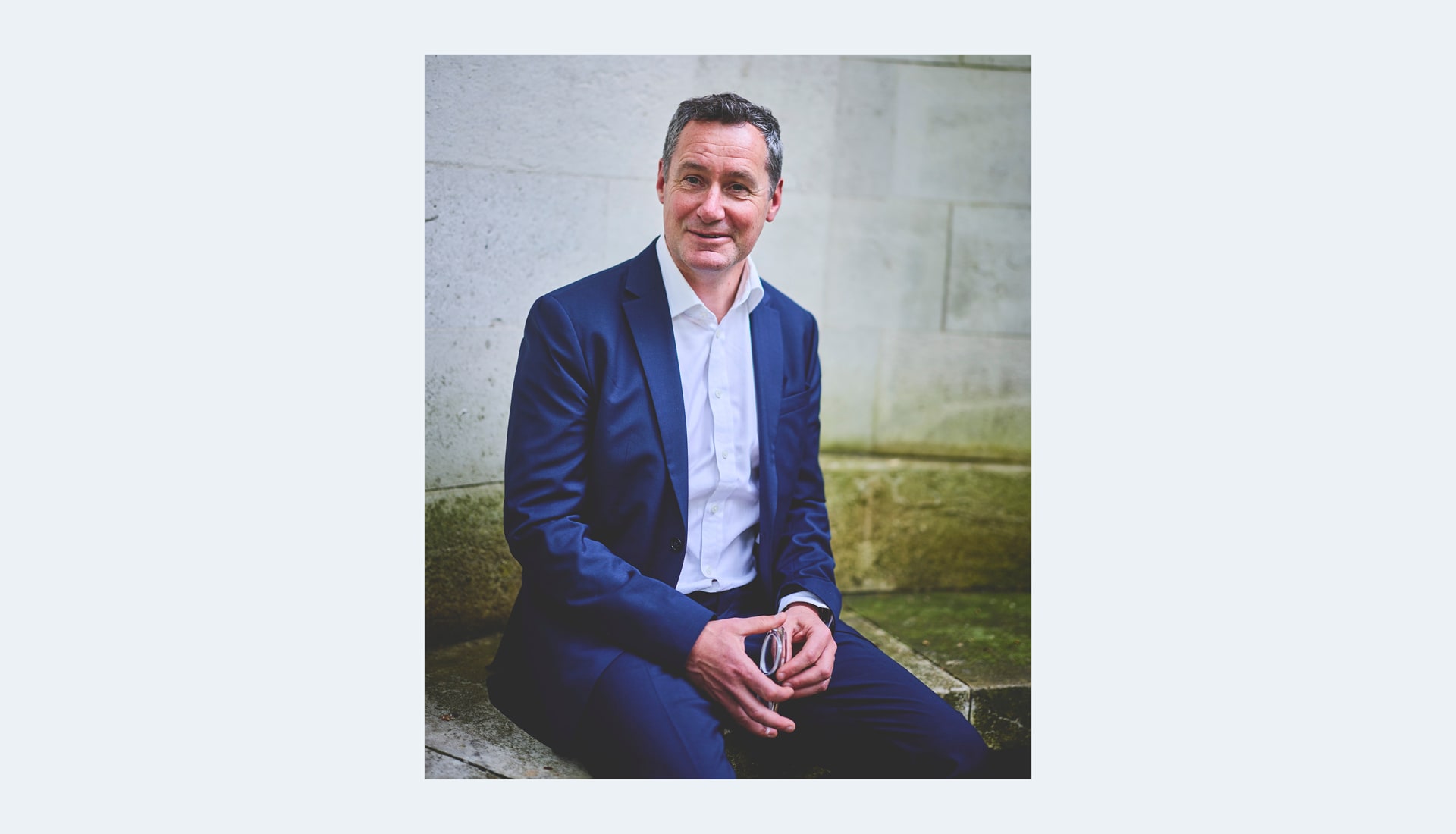
If you are going to do a citizens’ assembly, you need to have hard questions
Haldane: What would your advice be to the Irish government today about whether to keep on going with citizens’ assemblies?
O’Malley: In the Irish government the enthusiasm has ebbed away, mainly because of the experience in the most recent referendums on marriage and the family. There is a sense that citizens’ assemblies aren’t quite the panacea that everybody said they were. My advice to the Irish government would be, if you’re going to do it, make sure it’s specific, that there are difficult choices, and that you’re hearing both sides of the argument. There probably aren’t that many issues that are going to work for that. There are problems when it becomes almost as if [the citizens’ assemblies] are legitimate in and of themselves.
Haldane: We started off talking about the fragility of our democracies. One of the values of the RSA is optimism about the future, so how do we act with courage to strengthen our democracies to avoid those fragilities?
O’Malley: If we think about what some of the weaknesses are a lot of them come from online misinformation and disinformation. We might use a deliberative process in a way that could enable people instead of creating echo chambers, or design a process that would allow citizens to talk to each other and disagree with each other without necessarily hating each other. I think deliberative democracy can teach us some things about that, and we can see that digital democracy enables us to scale up to allow lots of people to have a voice.
We should be able to think about how we can go from 100 people in the room, how we could scale it up digitally to allow 100,000 people or 1 million people to talk to each other in some way that enables them to see the other side’s perspective and the perspective of the politician making difficult choices.
Eoin O’Malley is an Associate Professor in politics at the School of Law and Government at Dublin City University and a regular columnist for the Irish Independent.
Andy Haldane is Chief Executive Officer at the RSA.
Kevin Lake is a UK-based photographer who specialises in reportage, street photography and documentary-style portraiture.
This feature first appeared in RSA Journal Issue 2 2024.
pdf 12.5 MB
Read more In Conversation features from the RSA Journal
-
In conversation with Anab Jain
Andy Haldane
Futurist Anab Jain speaks to Andy Haldane about using art and storytelling to build better tomorrows — and how the RSA might play a pivotal role.
-
In conversation with Syima Aslam
Andy Haldane
Self-confessed ‘insane geek’ Syima Aslam speaks to Andy Haldane about how cultural activity can build stronger communities and drive economic growth.
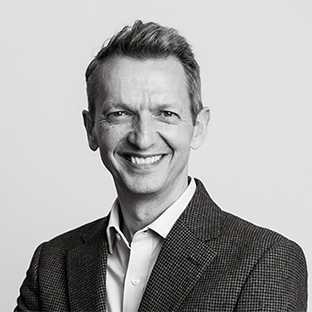
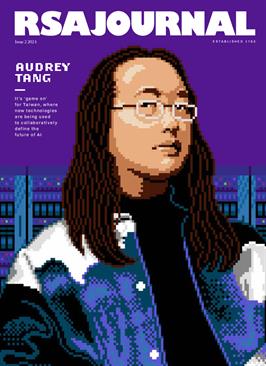


Be the first to write a comment
Comments
Please login to post a comment or reply
Don't have an account? Click here to register.